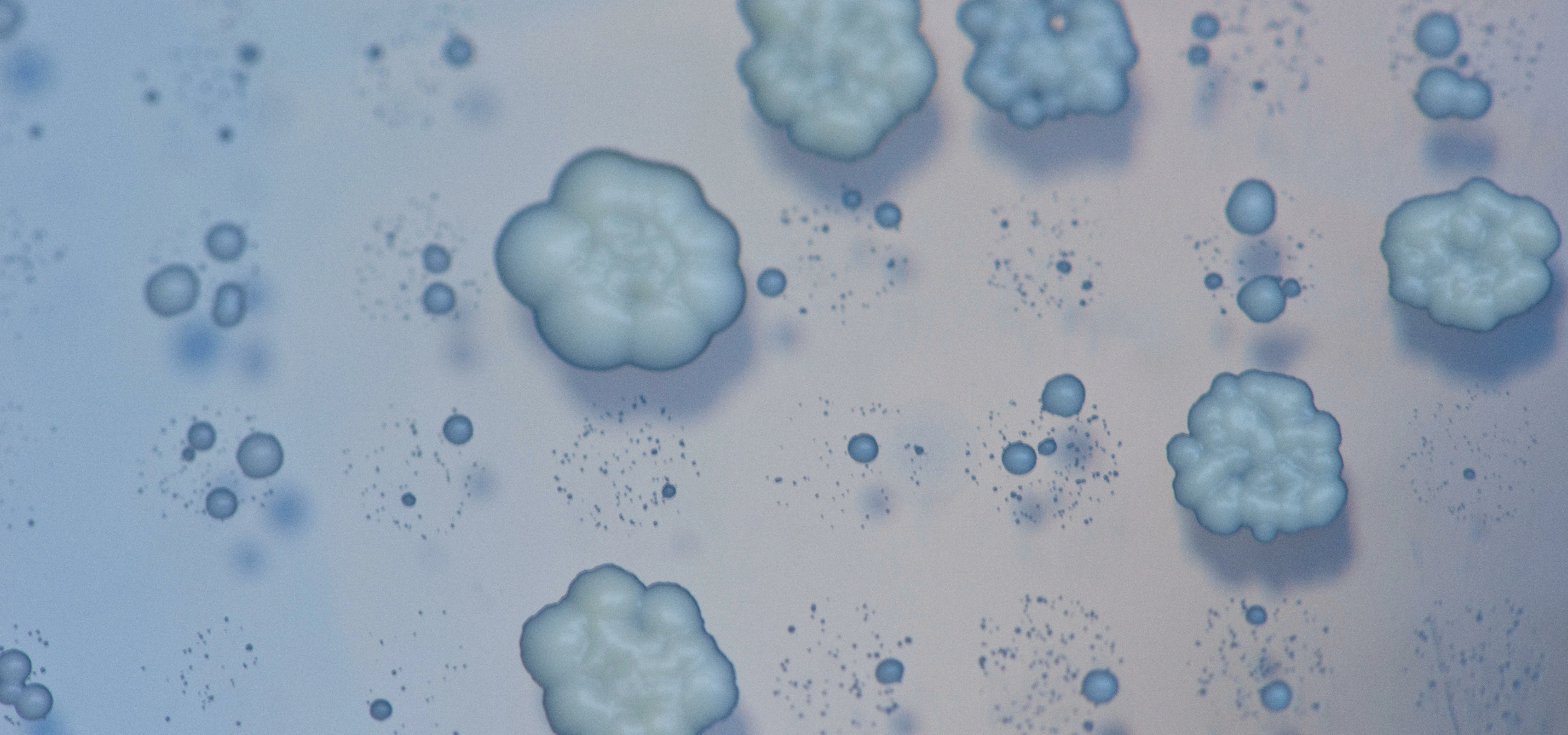
Partner Article
New cancer cure – modified yeast
Scientists have created yeasts capable of triggering immune responses that target cancer, as part of a project funded by Université Paris-Saclay in France.
Clément de Obaldia, a former air traffic controller, retrained in synthetic biology with the aim to find a cure for cancer.
In a few months, by forming a team and raising funds, he created a vaccine which, in mice, induces an immune response against skin cancer cells. He modified baker’s yeasts so that they show cancerous cell markers on their surface. Injected close to the tumour, these yeasts cause an immune response and the production of cells called lymphocyte killers, which detect and eliminate cancerous cells.
The approach is now undergoing clinical trials in the USA and, so far, no side effects have been detected.
“Most immunotherapy treatments tested today attempt to boost the immune system by raising certain barriers that normally prevent the system from attacking its own cells, cancerous or not,“ says Clément, “This approach can bring about serious auto-immune diseases, which a yeast based vaccine approach does not, since it simply aims to guide the immune system.
“Like teaching a dog to recognise certain smells, the targeted cancerous markers are identified by an algorithm that compares the DNA of healthy and cancerous cells, then technology allows us to obtain – in less than a week – a yeast that can target the new marker that has been detected.“
This opens the door to personalised medicine that could one day allow the development of therapies adapted to each individual.
Clément’s start-up, Inovactis, is based at Génopole d’Evry, the first BioPark in France dedicated to genetic and genome research. Their work has been possible thanks to a grant of 16,700 Euros from Université Paris-Saclay.
This was posted in Bdaily's Members' News section by Université Paris-Saclay .








 Navigating the messy middle of business growth
Navigating the messy middle of business growth
 We must make it easier to hire young people
We must make it easier to hire young people
 Why community-based care is key to NHS' future
Why community-based care is key to NHS' future
 Culture, confidence and creativity in the North East
Culture, confidence and creativity in the North East
 Putting in the groundwork to boost skills
Putting in the groundwork to boost skills
 £100,000 milestone drives forward STEM work
£100,000 milestone drives forward STEM work
 Restoring confidence for the economic road ahead
Restoring confidence for the economic road ahead
 Ready to scale? Buy-and-build offers opportunity
Ready to scale? Buy-and-build offers opportunity
 When will our regional economy grow?
When will our regional economy grow?
 Creating a thriving North East construction sector
Creating a thriving North East construction sector
 Why investors are still backing the North East
Why investors are still backing the North East
 Time to stop risking Britain’s family businesses
Time to stop risking Britain’s family businesses